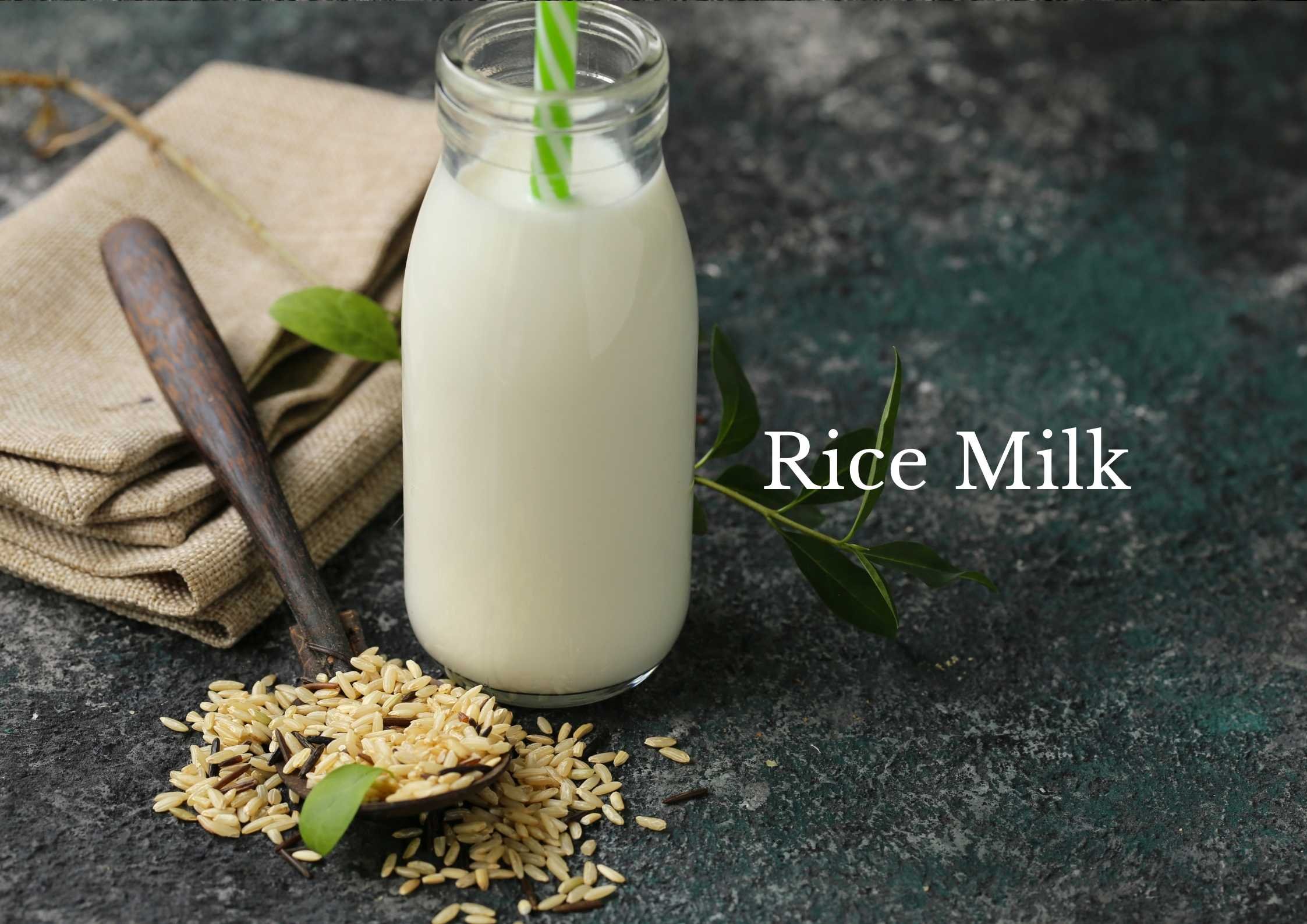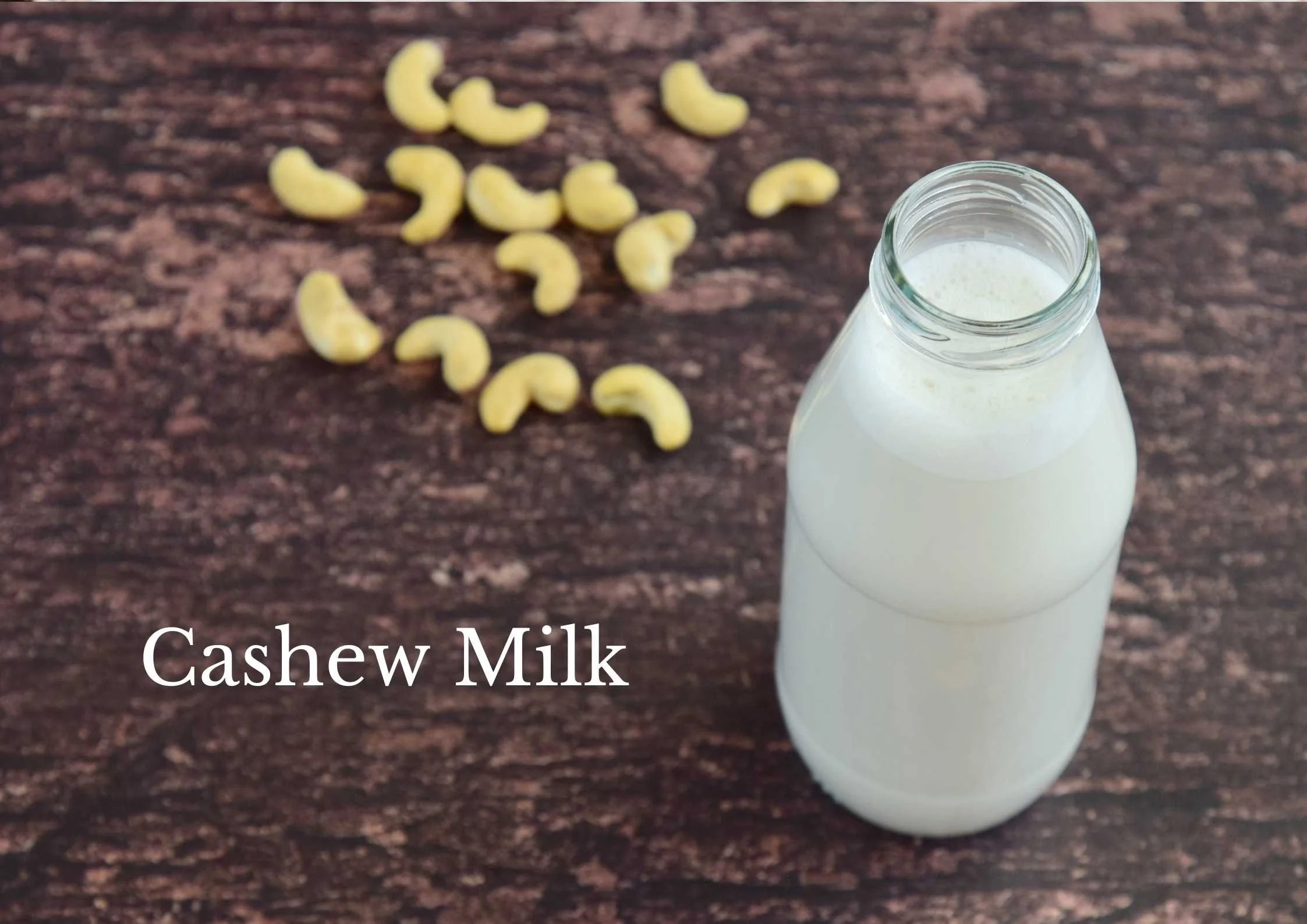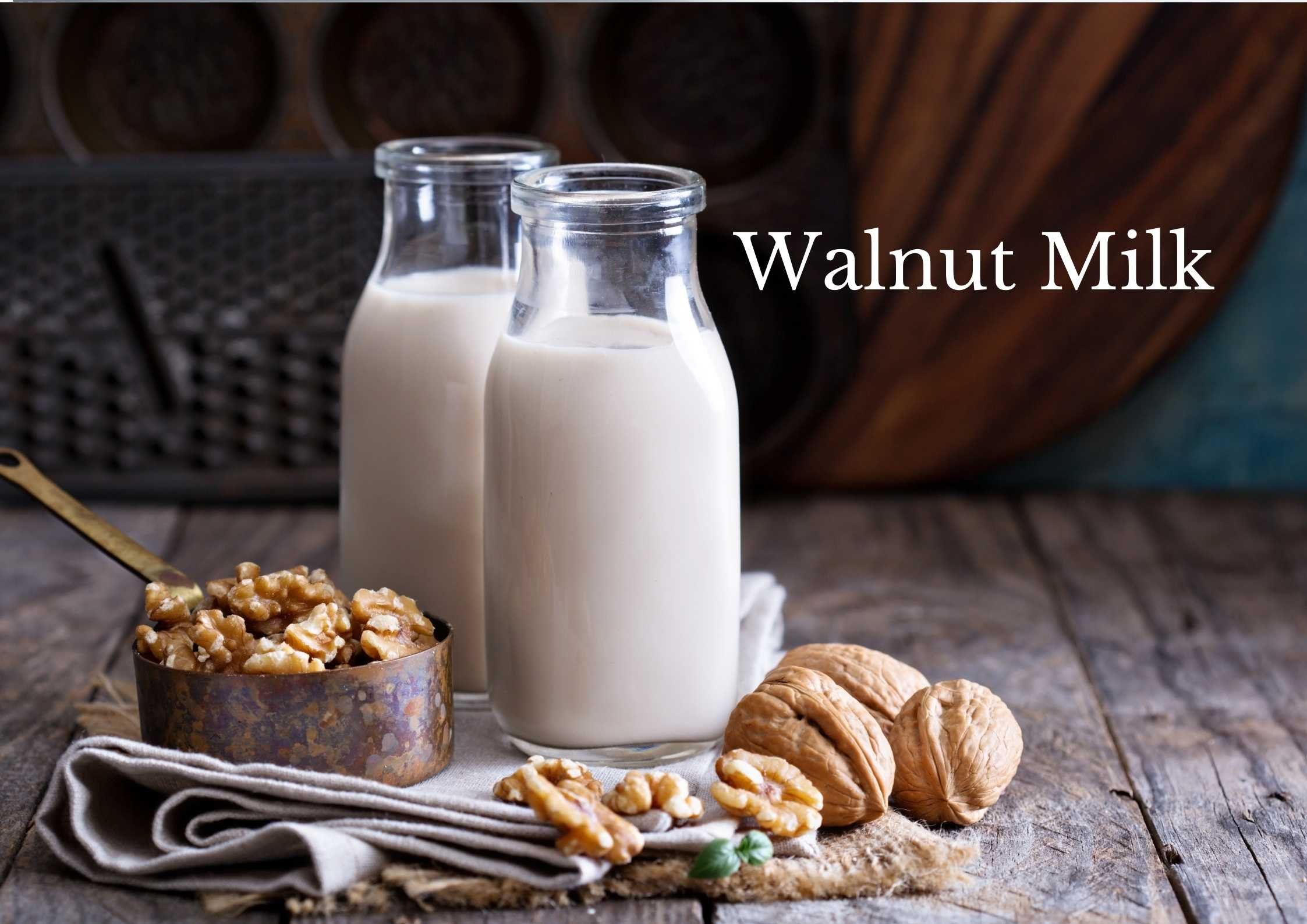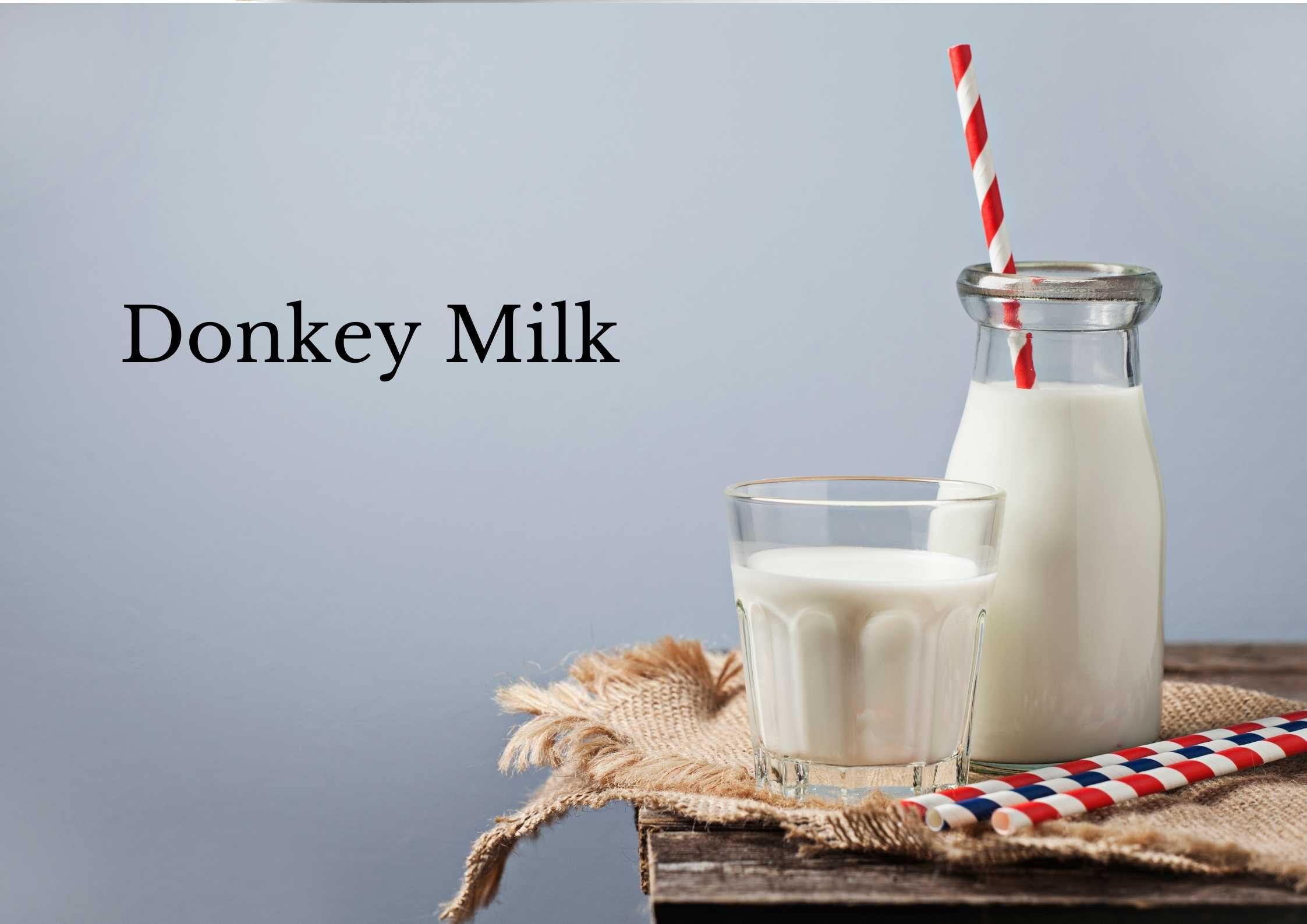Best milk substitute for you
Are you looking for a good milk substitute? If so, you’ve come to the right place. In this post, we will explore some of the best milk substitutes out there and explain why they might be a good fit for you. We will also provide tips on how to select the best milk substitute for your needs. So let’s get started!
What is meant by Milk substitute?
A milk substitute or milk alternative is a liquid that can be used in place of cow’s milk. Milk substitutes are often used by people who are lactose intolerant or have allergies to milk proteins. However, milk substitutes can also be used by people who simply prefer not to drink cow’s milk.
Types of milk substitutes
There are two main categories of milk substitutes available on the market. They are:
Plant-based milk Substitutes:
Plant-based milk substitute is a milk-like product that is made from plant sources. It is a good alternative for people who are lactose intolerant or have milk allergies.
Plant-based milk alternatives are also a good choice for people who follow a vegan or vegetarian diet. It is made by extracting milk from plant sources.
Animal milk substitutes:
Animal milk substitutes are milk-like product that is made from animal sources. It is a good alternative for people who are lactose intolerant or have milk allergies. Animal milk substitutes are made by extracting milk from animal sources.
Now that we’ve looked at the different types of milk substitutes, let’s explore some of the best options available.
Best Plant-based Milk Substitutes:
The following are some of the best plant-based milk substitutes that you can find on the market.
1. Soy Milk:
Soy milk is a plant-based milk substitute that is made from soybeans. Soy milk is high in protein and contains essential nutrients, such as vitamin B12 and iron. It also has a high calcium content, which makes it a good choice for people who are looking for a source of calcium.
Soy milk is an excellent source of protein and calcium. It also contains antioxidants, which can help protect against disease. Soy milk is available in both regular and unsweetened varieties.
The downside of Soy Milk:
Soy milk does have some downsides. For example, it can contain unhealthy fats and chemicals. Additionally, soy milk may not be suitable for people who are allergic to soy.
2. Almond Milk:
Almond milk is a dairy-free milk alternative that is made from almonds. Almond milk is low in calories and fat, and it is a good source of calcium and vitamin E. Additionally, almond milk does not contain any cholesterol or lactose.
And, almond milk is often fortified with vitamins and minerals, such as vitamin D and iron. It also contains no saturated fat.
The downside of Almond Milk:
Almond milk does not contain as much protein as soy milk or cow’s milk. Additionally, almond milk may not be suitable for people who are allergic to almonds.
3. Oat Milk:
Oat milk is a plant-based milk substitute that is made from oats. It is a great option for those who are looking for a dairy-free and vegan-friendly milk substitute.
Oat milk is high in fiber and protein, and it also has a low glycemic index. This makes it a good choice for people who are looking for a healthy milk alternative.
Oat milk is also dairy-free, soy-free, gluten-free, and nut-free, making it a good choice for people with food allergies or sensitivities.
The downside of Oat Milk:
Oat milk does have some drawbacks. One is that it is high in calories. Oat milk does not contain the same nutrients as cow's milk. This means that you may need to supplement your diet with other sources of nutrients if you switch to oat milk.
4. Coconut Milk:
Coconut milk is made from coconuts. It is a dairy-free and vegan-friendly milk substitute. Coconut milk is high in nutrients, including calcium, magnesium, phosphorus, and potassium.
Coconut milk also contains medium-chain triglycerides (MCTs), which are a type of saturated fat that has been shown to boost metabolism and promote weight loss.
The downside of Coconut Milk:
Coconut milk is high in calories and fat. It also contains a lot of saturated fat, which can raise cholesterol levels. If you are concerned about these factors, you may want to choose another milk alternative.
5. Rice Milk:
Rice milk is a dairy-free and vegan-friendly milk alternative that is made from rice.
Rice milk is low in calories and fat, and it is also a good source of calcium and vitamin D. Additionally, rice milk does not contain any cholesterol or lactose.
The downside of Rice Milk:
Rice milk is high in carbohydrates. Additionally, it does not contain as much protein as soy milk or cow’s milk.
6. Hemp Milk:
The milk is made by grinding hemp seeds and water. Hemp milk is high in protein and omega-3 fatty acids, making it a nutritious choice for those looking for an alternative to cow's milk.
It's also a good source of calcium and vitamin D, which are important nutrients for bone health.
The downside of Hemp Milk:
Hemp milk does have some drawbacks. For one, it's relatively high in calories and fat. It also contains phytic acid, which can inhibit the absorption of certain nutrients.
7. Cashew Milk:
Cashew milk is made by blending cashews with water and then straining the mixture to remove any chunks.
Cashew milk is naturally sweet and has a slightly nutty flavour that goes well in coffee, smoothies, and baking recipes. It's also a good source of vitamins and minerals, including magnesium, phosphorus, and zinc.
The downside of Cashew Milk:
Cashew milk doesn't have as much protein as cow's milk, and it's also lower in calcium. Cashew milk is also relatively high in fat, so it may not be the best choice if you're trying to lose weight.
8. Hazelnut Milk:
Hazelnut milk is a creamy and delicious alternative to cow's milk. It's rich in nutrients like vitamin E and magnesium, and it has a slight sweetness that makes it perfect for baking or adding to coffee.
To make hazelnut milk, simply blend hazelnuts with water in a blender until smooth. Then strain the mixture through a cheesecloth or fine mesh strainer. Sweeten to taste with honey or agave nectar, if desired.
The downside of Hazelnut Milk:
Hazelnut milk is also relatively high in fat, so it may not be the best choice if you're trying to lose weight.
9. Walnut Milk:
Walnut milk is a great alternative to dairy milk for those who are looking for a non-dairy option. Walnuts are a good source of omega-3 fatty acids, which are beneficial for heart health. This milk has a nutty flavour that some people find to be pleasant.
The downside of Walnu Milk:
One downside of walnut milk is that it can be high in calories. One cup of this milk contains approximately 190 calories. Additionally, people with nut allergies may want to avoid this milk as it can cause an allergic reaction.
Best Animal-based Milk Substitutes:
The following are some of the best animal-based milk substitutes that you can find on the market.
1. Goat Milk:
Goat milk is an excellent alternative to cow’s milk and can be used in many different ways. Goat milk is high in protein and calcium, and it also contains a wide variety of vitamins and minerals.
Additionally, goat milk is easier to digest than cow’s milk. This means that it may be a good choice for people who are lactose intolerant or have difficulty digesting cow’s milk.
The downside of Goat Milk:
Goat milk has a strong flavour that some people may not enjoy.
2. Camel Milk:
Camel milk is very similar to cow's milk, but it has some important differences. Camel milk is lower in fat and calories, but higher in vitamin C and iron. It also contains three times as much vitamin B1 as cow's milk.
Camel milk's unique nutritional profile has many people touting its potential health benefits. Some believe that camel milk can help improve digestion, boost immunity, and even fight cancer. There is still limited scientific research on these claims, but the early evidence looks promising.
The downside of Camel Milk:
Camel milk is not always easy to come by. If you do find it, it's often quite expensive. Camel milk also has a strong flavor that some people find unpleasant.
3. Sheep Milk:
The health benefits of sheep milk have been known for centuries. In fact, this type of milk was once considered a "superfood" due to its nutrient-rich composition. Sheep milk is higher in protein, calcium, and fat than cow's milk, making it an excellent choice for those who are looking for an alternative to dairy.
The downside of Sheep Milk:
Some people may find the taste of sheep milk to be somewhat grassy or "off."
4. Donkey Milk:
Donkey milk is very similar to human milk in terms of composition and health benefits. Donkey milk is rich in proteins, essential lipids, minerals, and vitamins. It is also lower in cholesterol and saturated fat than cow's milk. Donkey milk has been found to be helpful in the treatment of various stomach and intestinal disorders, skin conditions, and respiratory infections.
Some people believe that drinking donkey milk can help increase stamina, vitality, and strength. Donkey milk is also thought to have anti-ageing properties and be beneficial for the immune system.
The downside of Donkey Milk:
Donkey milk is not as widely available as other types of milk, and it can be pricey. Donkey milk is also generally lower in fat than cow's milk, so it may not be as rich and creamy.
5. A2 Milk:
A2 Milk is a type of cow’s milk that contains only the A2 protein, as opposed to the A1 and A2 proteins found in regular milk.
If you’re looking for a milk substitute that’s more easily digestible than regular milk, A2 Milk might be a good option for you. This type of milk is also a good choice if you’re trying to limit your intake of the A1 protein. However, it’s important to note that A2 Milk isn’t lactose-free, so it may not be suitable for people with lactose intolerance.
The downside of A2 Milk:
A2 Milk is more expensive than regular milk, so it may not be an affordable option for everyone. Additionally, this type of milk isn’t widely available in stores.
How to choose a milk substitute that fits your needs?
There are a few things to consider when choosing a milk substitute, such as your dietary needs, budget, and personal preferences.
When choosing a milk substitute, it is important to consider your individual needs. For example, if you are lactose intolerant, you will need to choose a milk substitute that is low in lactose or lactose-free.
If you have a milk allergy, you will need to choose a milk substitute that does not contain any milk proteins.
You should also consider your dietary preferences. For example, if you are vegan or vegetarian, you will need to choose a plant-based milk alternative.
If you’re looking for an alternative that’s high in protein and calcium, sheep milk is a good choice.
Ultimately, the best milk substitute for you is the one that fits your needs and preferences the best.
Final Thoughts:
There are many different milk substitutes available on the market. If you are looking for a dairy-free or vegan-friendly option, soy milk, rice milk, and coconut milk are all good choices.
For those who are looking for an animal-based alternative, goat milk, camel milk, sheep milk, and donkey milk are all excellent options.















